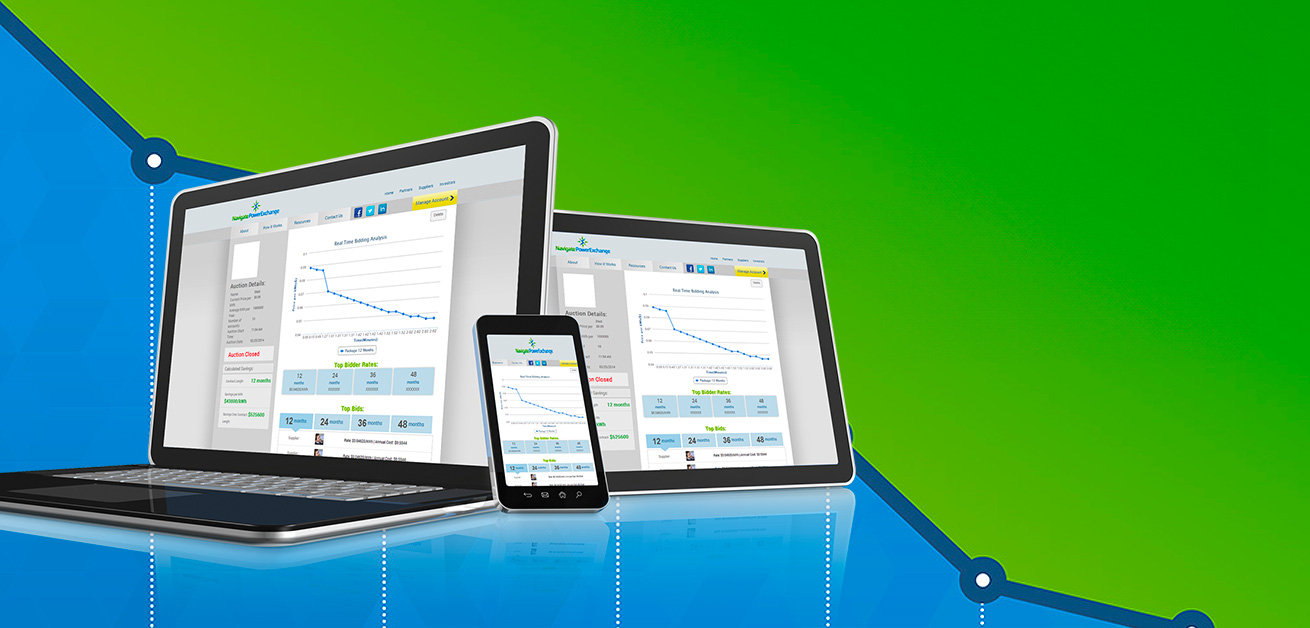Who we are
An energy broker firm that utilizes industry
expertise and strategic relationships to offer
low-cost energy solutions and higher profitability


how we help
We help businesses save 10 - 25%
on their energy costs
70,000+
Commercial clients served
1,400,000,000+
therms booked
Over 12B
kWh booked
1300+
Consultants
What we do
Services
We offer a wide range of energy services. Whether a commercial business seeking to control energy costs or energy
consultant looking to grow your career, Navigate Power has the solution for you.


Navigate Exchange
Our internal procurement platform that gives our commercial energy consultants access to the nation’s leading electric and natural gas suppliers.
Learn More
Energy Efficiency
Comprehensive energy solutions that benefit the unique needs of our diverse clients from Solar, EV Charging, and Battery Storage to CHP, HVAC and Lighting.
Learn More
Utility Bill & Audit
Refunds
We audit utility bills to identify billing discrepancies and opportunities for bill refunds.
Learn MoreBecome An Energy
Consultant


- Training and world-class back office support second to none
- A management team providing support you need to grow your book of business
- Access to a supplier network with already established deep relationships
- Competitive commission paid accurately and on-time
Our Client Retention Rate is Over 94%

We have worked with Navigate Power for many years now and honestly could not ask for a better company to secure us with an absolute superb fixed rate that saves our company a lot of money. They always have our best interest in mind and never fail to provide us with great customer service and communication.
- Jennifer Guerrero, Talerico-Martin Corporation

The Village of Elmwood Park has been working with Navigate Power for the last few years and they have proved to be a great asset and resource to have. They've helped us lock in great electricity rates and are always there to help with any questions or billing concerns that we have.
- Kim Parrilli, The Village of Elmwood Park

The Navigate Power team has provided us with knowledgeable, efficient, personable, and prompt service! This is the type of service that has the client first in mind. Our electricity supply agreement that Navigate Power has provided has decreased our overall energy costs.
- Melissa Baker, United Local School District

Our relationship with Navigate Power spans over a decade, and I can confidently say that the level of commitment and professionalism exhibited by their team is unmatched. In the ever-changing landscape of the restaurant industry, having a reliable partner to handle our utility and energy costs has been invaluable.
- Tom Ciccirone, Owner, The Suparossa Restaurant Group












